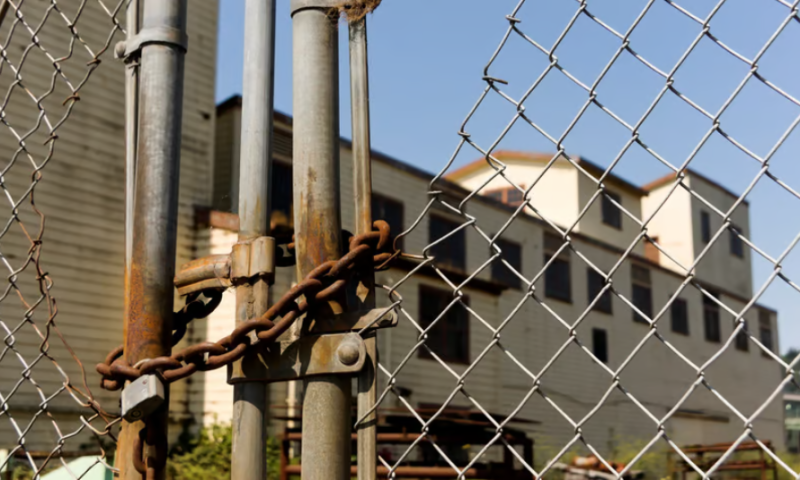Arbutus Biopharma’s clinical trial aspirations are paused after the FDA slapped a clinical hold on an application to study a hepatitis B treatment.
Arbutus’ Tuesday update had scant details beyond the company hearing about the hold from regulators by word of mouth. More details are expected within 30 days. Arbutus did not disclose the FDA’s rationale for placing the hold.
Arbutus is pushing back the expected readout timeline for the phase 1 single-ascending dose portion of the trial as a result, saying that initial data from the treatment in question, AB-101, are no longer expected in the second half of the year. The oral PD-L1 inhibitor is intended to boost the immune system in patients with chronic hepatitis B virus (HBV).
The FDA’s hold is the latest speed bump stymying Arbutus’ momentum after the company axed an oral capsid inhibitor back in November 2022. Shares dipped as the market opened Tuesday, down nearly 11.5% from $2.89 to $2.56.
Arbutus’ clinical ambitions have played second fiddle to its more grandiose legal challenges, namely suing Pfizer and Moderna alongside Roivant’s Genevant Sciences, alleging patent infringement of its lipid nanoparticle delivery system. Arbutus sued Moderna in February 2022 after the Flagship-built biotech failed to invalidate two of Arbutus’ patents.
Earlier this month, Arbutus sued Pfizer and BioNTech, claiming that the Big Pharma was alerted of the potential infringement in November 2020. Arbutus contends that Pfizer responded at least once, saying it would get back to the smaller biotech in due time, but never did.
Arbutus has been propped up by Roivant for years, dating back to Vivek Ramaswamy’s tenure as CEO. Roivant bought $116 million in shares of the company in October 2017 after Arbutus posted additional phase 2 data of its then-lead HBV candidate, ARB-1467. Some six months later, the two launched Genevant, touted as an RNAi delivery company.
But it’s been tough sledding since. In late 2019, Arbutus scrapped a phase 1 med after two healthy participants fell ill with acute hepatitis. Less than six months later, the biotech axed a preclinical hepatitis B candidate after safety concerns arose in animal studies.

